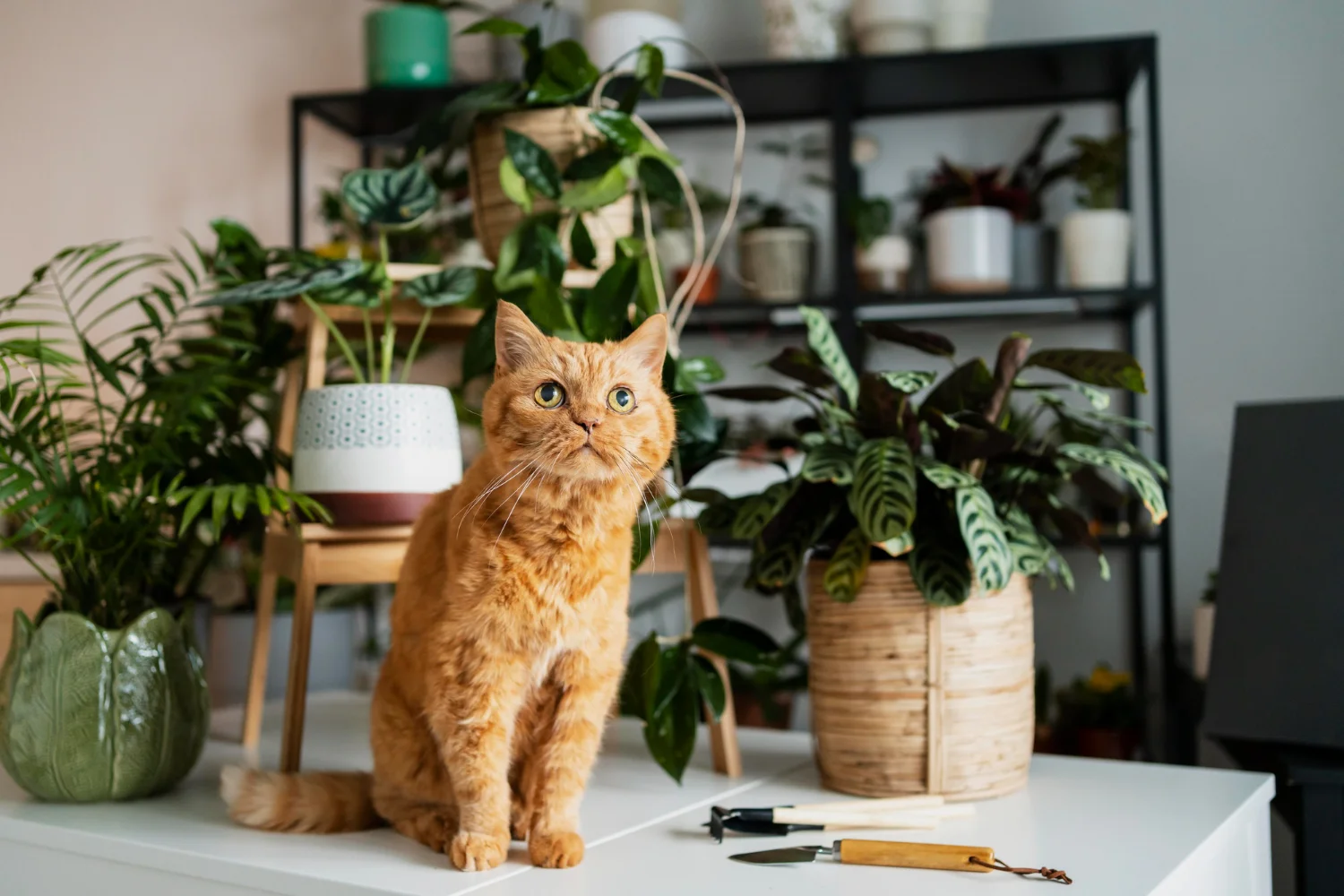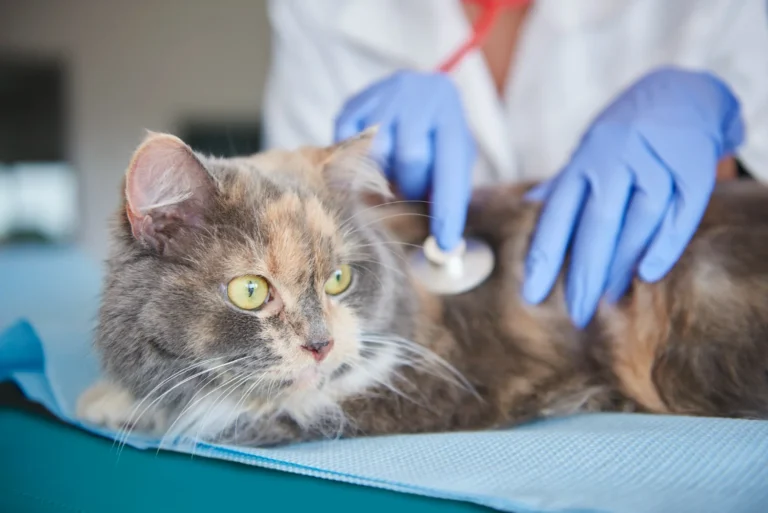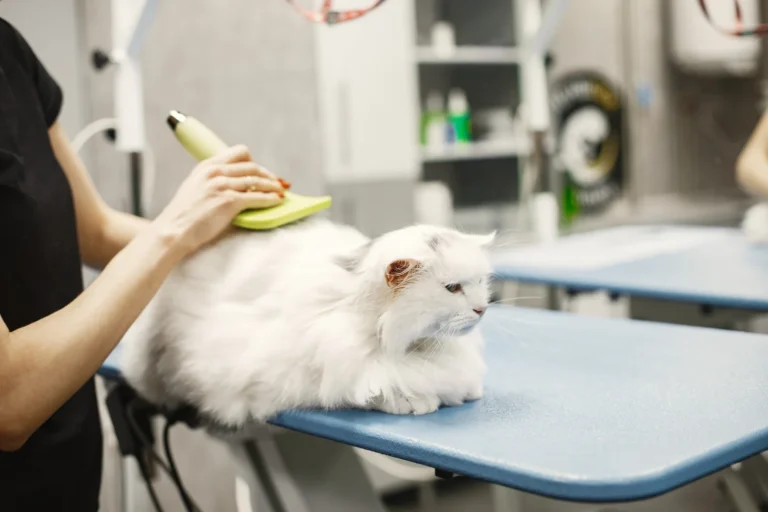
Non toxic Indoor Plants for cats
Which types of indoor plants are safe for cats?
Cats can sometimes eat small amounts of a variety of plants. If you love your cat a lot, be very selective about the types of plants you keep in your home because there are some plants that are poisonous to cats.
However, not all indoor plants are harmful to cats. There are some that are safe for cats. Below are some indoor plants that are not harmful to cats:
- Spider plant
- Areca palm
- Parlor palm
- Ponytail palm
- Air plant
- Prayer plant
- Chinese money plant
- Boston Fern
- Sword Fern
- Calatheas
- Orchid
- Cast Iron plant
- Polka dot plant
Here are some reasons why the plants above are considered safe for cats:
- Non-toxic: They don’t contain any harmful compounds that can poison your cat.
- Mild digestive upset: Even if your cat eats a large amount, the worst they’ll likely experience is vomiting or diarrhea.
- Natural fiber: All these plants are high in fiber, which can be beneficial for your cat’s digestive system.
Which types of indoor plants are toxic for cats?
There are some indoor plants that are not safe for cats, so it is better not to keep them in the house. Below are some indoor plants that are unsafe for cats:
- Snake plants
- Lilies (all types)
- Tulips and Narcissus
- Pothos
- Philodendron
- Dieffenbachia
- Oleander
- Azalea
- Rhododendron
- Sago palm
- Aloe
- Jade plant
- Ivy
- Birds of paradise flower
- Daffodil
- Swiss cheese plant
Plants that are poisonous to cats can contain a number of ingredients, including:
- Sesquiterpenes: A naturally occurring compound that can cause toxicity or allergic reactions in cats.
- Lactones: A metabolite of sesquiterpene that can also cause toxicity.
- Pyrethrins: A natural pesticide that can be toxic to cats.
- Cardiac glycosides: A toxin found in the leaves and flower petals of oleander that can lead to heart failure and irregularities.
What to do if your cat eats these poisonous plants?
If your cat eats a poisonous plant, immediately remove any remaining plant material from their mouth and fur, then contact your veterinarian right away. Bring a sample of the plant with you to the vet appointment if possible, as this will help them determine the best course of treatment. Do not try to induce vomiting unless specifically instructed by your vet.
Advice: How to protect your cat from these poisonous plants
- Do not keep plants that are poisonous to cats at home.
- Or place plants where your cat won’t go.
- Train your cat to leave your plants alone.
- Spray your plants with a repellent like bitter apple, which cats hate but humans can’t smell. You can also try diluted vinegar or citrus, which cats dislike the smell and taste of.
Symptoms of poisoning in a cat’s body
- Vomiting
- Diarrhea
- Blood in vomit, saliva, or stool
- Heavy breathing
- Rapid or labored breathing
- Difficulty swallowing
- Sluggishness
- Weakness



